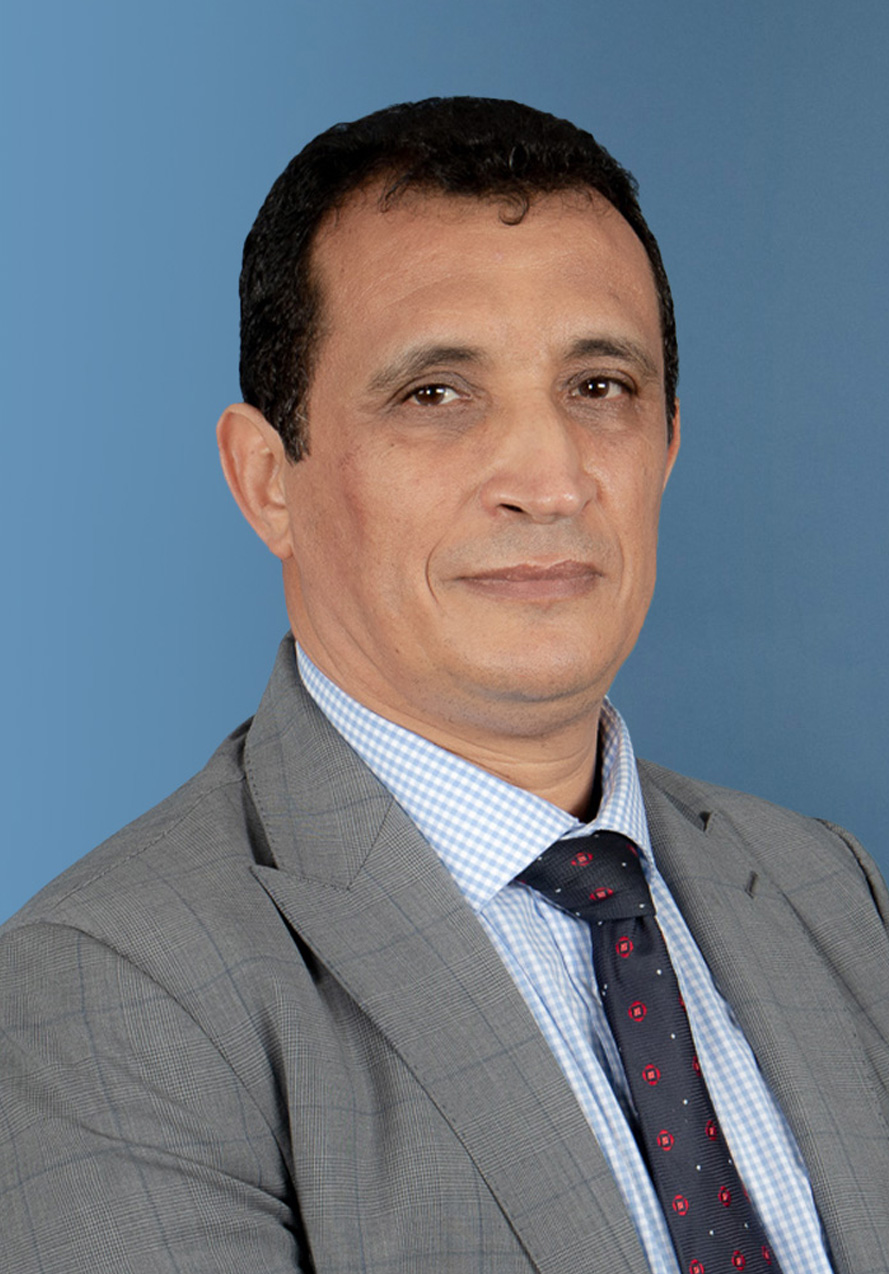2021 was a year of global geopolitical disruption and geo-economic upheaval. As events gather momentum, the world enters a period of geopolitical and geo-economic transition; the end of one historical cycle foreshadowing the uncertain prospects of a new one. We are henceforth, in presence of a true global shift with multiple pressure points and driving forces: geopolitical, economic, climatic, technological, security and sanitary.
The African continent, which over the past two decades pursued a process of diversification of economic, political, and military partnerships at State and institutional levels – both continental and regional – stands to be affected to varying degrees. Indeed, global economic conditions combined with Africa's structural challenges exacerbate underlying trends with irreversible geopolitical consequences: First, the war in Ukraine occurs at a time when the global geopolitical stage is fraught with China-U.S. tensions and difficulties in defining new world order leverage points. It therefore becomes a stake in an already entrenched dynamic sustained by a logic of optimal solution (minimum cost-maximum benefit). Next, food security in Africa is jeopardized. The capacity to securely access sufficient food is severely impacted by the sequence of conflicts, natural disasters, and epidemics. Additionally, climate change increases conflict risk in several areas by further exacerbating existing social, economic, and environmental factors. Populations in these areas are among the most vulnerable to the climate crisis and the most neglected by climate action. Finally, the institutional weakness and instability of several States are major obstacles in the fight against violence and poverty. Overcoming this vulnerability, in its economic and environmental dimensions, is a vital priority for Africa.
This state of affairs begs a few critical questions:
What are the repercussions of war on African States in terms of struggles for influence on the continent as well as economic, military-security and diplomatic constraints? What individual and collective resilience and affirmation strategies should African States pursue in the face of this situation? What implications are there for food insecurity in Africa? How can Africa’s food security be improved? What challenges does climate change entail for Africa? What specificities do fragile states have in Africa? How to sustainably strengthen States in post-conflict contexts?

















